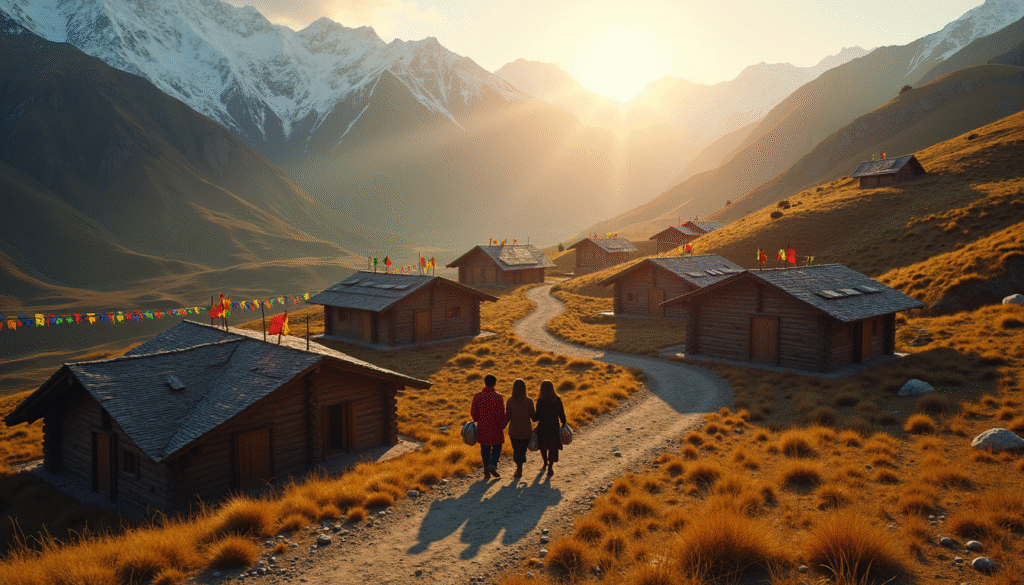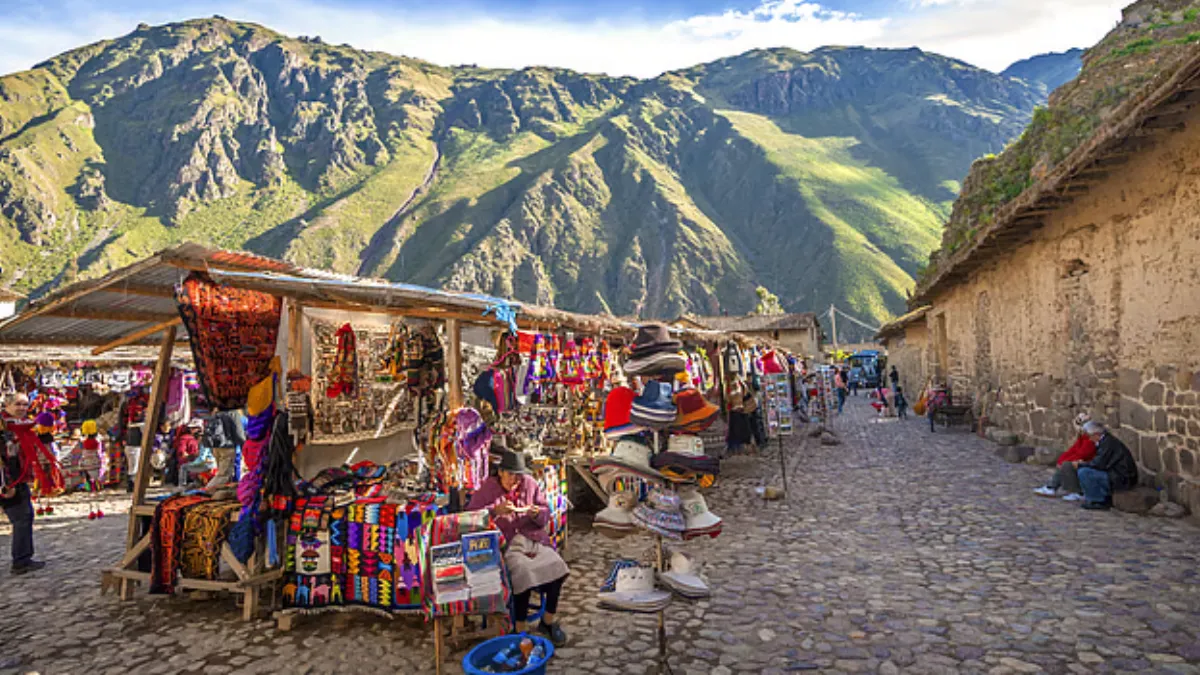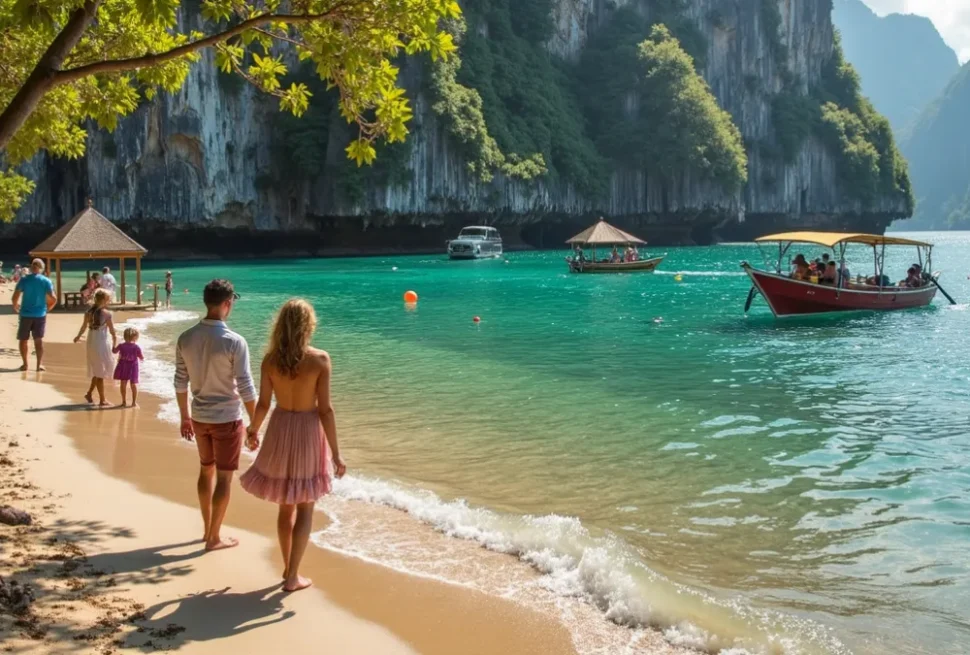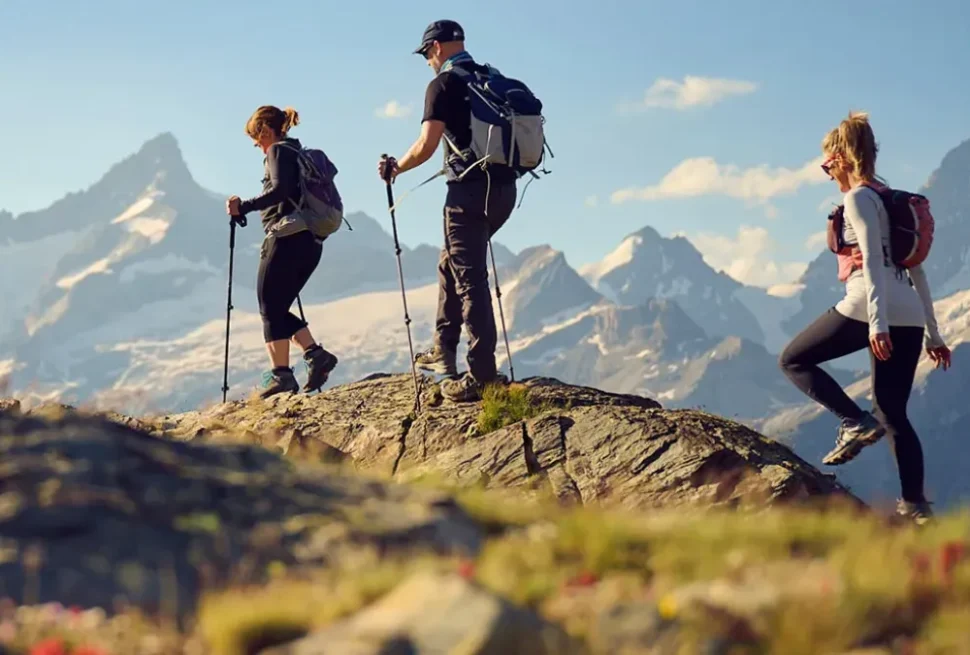From Mountains To Markets: Travel is more than just checking off destinations — it’s about feeling the heartbeat of a place, listening to the stories of its people, and immersing yourself in the rhythm of daily life. Local travel offers a unique opportunity to engage with authentic experiences that go beyond conventional sightseeing. From mountain villages to bustling marketplaces, this article explores how local travel connects you with the soul of a region, turning your journey into something truly unforgettable.
1. The Essence of Local Travel
From Mountains To Markets: Local travel emphasizes the human element. It’s not just about where you go, but how you experience it. While international travel often focuses on famous monuments and attractions, local travel pulls you toward places that tourists often overlook — small villages, local bazaars, artisan workshops, and family-run eateries.
This type of travel creates deeper cultural understanding, supports local economies, and allows travelers to leave a positive footprint.
2. From Majestic Mountains to Humble Villages

2.1 The Power of the Peaks
Whether you’re hiking the Himalayas, wandering the hills of Northern Thailand, or exploring the Andes, mountain regions often offer more than panoramic views. Here, you’ll find tight-knit communities that live in harmony with nature. You can witness traditional farming, attend festivals celebrating the changing seasons, and stay in family-run lodges that offer warm hospitality.
In many mountainous regions, age-old customs are still practiced. Local dances, regional dialects, and food prepared from farm-to-table give you a taste of a lifestyle far removed from the modern hustle.
2.2 Rural Homestays and Slow Living
Homestays are one of the most powerful ways to connect with local life. Staying with a host family lets you share meals, join in daily chores, and truly live the local routine. You may help milk a cow at dawn, collect herbs for dinner, or learn how to cook traditional dishes using seasonal ingredients.
Rural communities often value connection over speed. Life slows down here — and in that stillness, travelers often find something they didn’t know they were missing: presence.
3. Exploring Local Markets: A Cultural Treasure Trove
3.1 Why Markets Matter
Markets are more than just places to shop; they are windows into a community’s soul. Here, locals gather not just to buy and sell, but to socialize, share news, and celebrate culture.
Whether it’s a morning wet market in Southeast Asia, a spice bazaar in Morocco, or a farmer’s market in Tuscany, each market tells a story through its colors, smells, sounds, and people.
3.2 What to Look For
- Handmade Goods: Artisans often sell handwoven textiles, carved woodwork, jewelry, and ceramics.
- Local Cuisine: Try street snacks, homemade jams, or unique regional sweets.
- Cultural Interactions: Don’t be afraid to strike up a conversation. Sellers often love to talk about their crafts or ingredients.
Markets are places where you can connect with the past, present, and future of a region — all through the lens of daily commerce.
4. Learning Through Local Lenses
4.1 Cultural Workshops
Participating in local workshops — be it pottery in Oaxaca, weaving in Laos, or cooking in Provence — gives you not just a skill but a story to carry home. It’s an experience that teaches you about heritage, tradition, and the patience behind craft.
4.2 Community-Led Tours
Avoid cookie-cutter group tours and look for those led by locals. A community guide might take you to secret waterfalls, introduce you to tribal elders, or show you the village school they helped build. These personal stories turn sightseeing into connection.
5. Local Travel and Sustainability
When you travel local, you reduce your environmental impact and help distribute tourism benefits to communities that often need it most. Supporting local guesthouses, using public transport, eating at local diners, and purchasing crafts directly from makers helps sustain cultures and livelihoods.
Sustainable travel is respectful, reciprocal, and responsible.
6. How to Start Your Local Travel Journey
- Do Your Homework: Research villages, regional festivals, and lesser-known spots.
- Travel Slow: Stay longer in fewer places to deepen your connection.
- Be Curious, Not Demanding: Enter each interaction with respect and humility.
- Use Local Services: Hire local guides, take local buses, and shop at local stores.
- Learn Basic Language: Even simple greetings can break barriers and build trust.
7. Real-Life Stories: When Local Travel Transforms

Story 1: A Trek Through Sikkim, India
Samantha, a traveler from Canada, joined a local homestay in a Sikkimese mountain village. During her week-long stay, she helped plant potatoes, joined evening folk dances, and even taught English to local kids. “It felt like being part of a family,” she recalls. “I didn’t just visit a place; I lived it.”
Story 2: Market Walk in Morocco
Jared, a solo traveler, spent three days wandering Marrakech’s souks with a local guide who was a fourth-generation spice merchant. He learned the story behind saffron harvesting and how Moroccan women cooperatives make argan oil. “I’ll never see a spice rack the same way again,” he jokes.
8. The Joy of Unscripted Moments
Often, the best parts of local travel are unplanned — an invitation to join a wedding procession, a shared meal with a stranger, or a spontaneous music performance in a village square. These moments don’t exist in guidebooks, but they become the highlight of your journey.
FAQs
Q1: What is local travel?
Local travel focuses on immersing yourself in the culture, traditions, and daily life of a region, often by engaging directly with communities and avoiding commercialized tourist spots.
Q2: Why should I choose local travel over traditional tourism?
Local travel offers deeper cultural connections, supports local economies, promotes sustainability, and often leads to more memorable and meaningful experiences.
Q3: How can I find authentic local travel experiences?
Use trusted travel blogs, local tourism boards, or community-run travel networks. Look for homestays, regional festivals, or artisan workshops.
Q4: Is local travel safe for solo travelers?
Yes, in most cases. As with all travel, take normal safety precautions. Local communities are often very welcoming, especially in rural or less-touristy areas.
Q5: Do I need to know the local language?
It’s helpful but not necessary. Learning a few basic phrases shows respect and helps in building rapport with locals.
Q6: Is local travel budget-friendly?
Often yes. You save on luxury hotels and high-end dining by opting for community accommodations and local eateries.
Also Read: Passport To Peace: Unforgettable Destinations For Soulful Escapes
Conclusion
From misty mountains to bustling markets, local travel invites you to look deeper. It’s a way to journey not just through space, but through people’s stories, food, music, craft, and traditions. Whether you’re sipping tea with a highland farmer or bargaining for fabric in a colorful bazaar, every interaction adds depth to your travel narrative.
Travel isn’t just about where you go — it’s about how you experience the world. And when you travel local, the world opens up in unexpected, beautiful ways.





